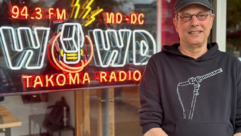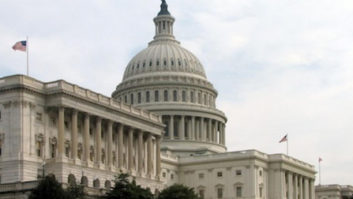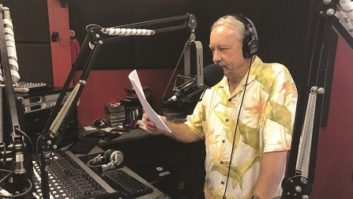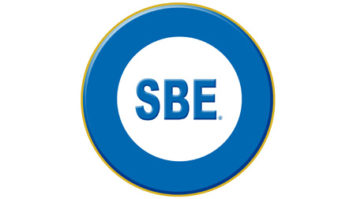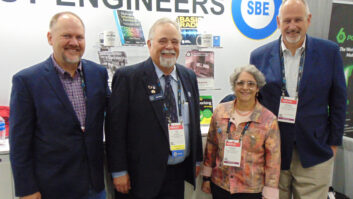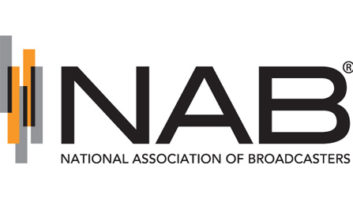By tradition and practicality, broadcast engineers are the station historians.
We keep the drawings, documentation, the background of some deals and understandings and other important documents. We know where the active conduits and abandoned buried services are�and where any bodies might be buried. We have a drawer full of pictures and tapes and stuff that, sooner or later, every new owner, manager and promotions manager request. We know why certain decisions were made and why certain compromises were necessary, even if we have to periodically go through the exercise of investigating certain options with each new management. We know why some things can be fixed and some things can�t�or shouldn�t�be.
But this time, my engineering mark will remain on the facility for a long time after my few years here; yet I don�t have so much as a call letter jacket, hat, event ticket, umbrella or any memorable tape�just a few selfies for my personal engineering history file.
But what is most missing is an outtake reel. Back when more stations had holiday parties for the staff, the outtake reel was the highlight of the evening. The �I love me reel��an accumulation of the highs and even the lows of the year�almost always made an appearance, along with snippets of the sounds and photos from the early days of the station, tacitly honoring the founders and pioneers.
MODERN CHALLENGES
Part of the issue with outtakes is that there are fewer examples of on-air talent willing (or allowed) to depart from their scripts.
Spontaneity, the source of most memorable moments, is kept to a safe level. Profanity delays help kill memorable moments, too, but ultimately, it�s the end of tape that spells the end of the outtake reel. Splicing a bit of tape on a reel in the desk drawer is a whole lot more sanitary than making an outtake folder on the station storage system in front of everyone. Having a folder full of slips even seems a bit creepy somehow.
In the 1960s, Kermit Schaefer records such as �Pardon My Blooper� raised the outtake to a form of high comedy. Today, the same boo-boo is buried before it hits YouTube, hopefully.
All broadcasting might be local, but the best broadcasting is also, arguably, live. Live is always about the unexpected, and the unexpected is bound to bring an occasional chuckle or blush.
Bit rot is another challenge with preserving memories that are recorded on older media.
The basement is filled with row after row of tapes with the early history of this station and its city of license. The last machines that can play those tapes barely work, and sometimes there are no working machines for certain formats. Bit rot has reduced more than a half century of archives to trash.
Maybe we simply can�t afford the luxury of time to save those outtakes or to execute social events anymore.
However, stations are families, and families make memories. Some cherish and celebrate their history; others don�t even collect it, save it or move the older material forward. Nonetheless, a vibrant station, deeply involved in the community, will make memories and leave a trail of warm and fuzzy moments.
When I look in my memory box, there are air-checks from high school, many reels of outtakes (of course), special programs, photos of special moments and guests, promotional swag. And then, one day like a missing layer in the geologic record, nothing but a few selfies on my cell phone.
As the engineer and the keeper of the station�s history, I looked into the oldest part of the station�s history; there are pictures of parties, even parties in the 1930s. Parties were held as broadcasting struggled to find a business model and as the nation struggled through its most difficult economic times.
I have no good way of knowing how many stations are operating in this current austerity mode, or if there are more or less doing so than normal. Further, I have no idea if this is good or bad.
But I do wonder what a broadcaster who isn�t making memories is, in fact, making. As the station historian, it feels as if record has at least been paused.
The Wandering Engineer is an industry stalwart who has been in broadcasting since the days of Marconi and Tesla. He gives his thoughts on the current state of broadcast engineering and the broadcast engineer.




